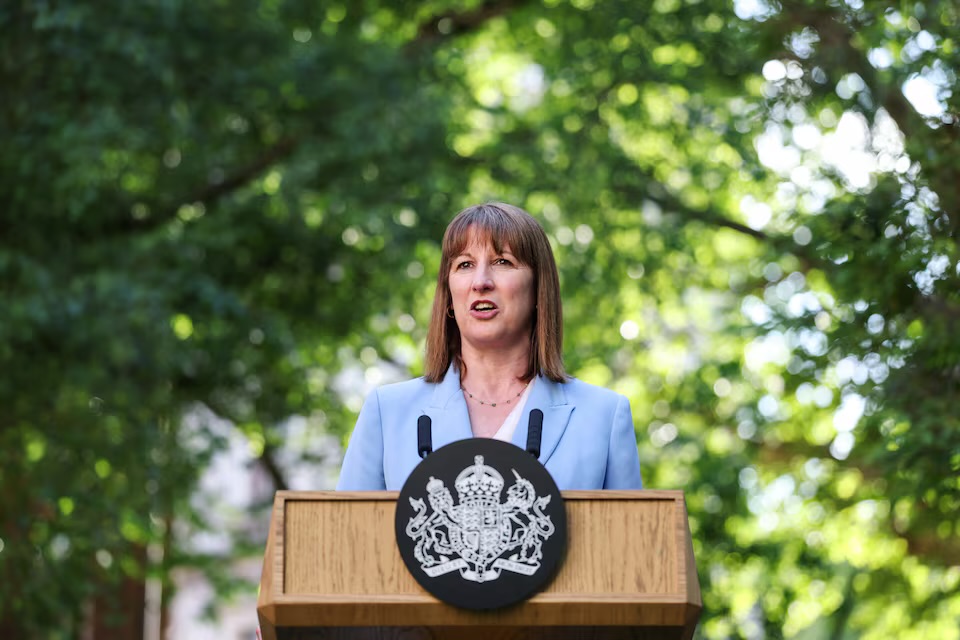British Finance Minister Rachel Reeves will face a pivotal decision in next week’s multi-year spending review: how to balance funding for the National Health Service (NHS) against other public services, the Institute for Fiscal Studies (IFS) warned on Sunday.
Reeves is scheduled to announce departmental spending plans through to March 2029 on June 11. This will be the first comprehensive multi-year review since 2015, aside from a COVID-related review in 2021. The IFS described it as potentially one of the most significant domestic policy events of the Labour government.
The think tank noted that Prime Minister Keir Starmer’s pledge to raise defence spending to 2.5 per cent of national income by 2027 has already used much of the fiscal space created in Reeves’ October budget. As a result, the government has little room left for new investment without breaking borrowing rules or increasing taxes of both, which are tightly constrained.
“Trying to simultaneously prioritise investment in healthcare, public services, net zero, and economic growth will be impossible,” said IFS economist Bee Boileau.
Under current budget plans, non-investment public spending is set to rise by just 1.2 per cent annually above inflation between 2026–27 and 2028–29, half the pace of recent years. The IFS warned there is no fiscal space to increase this without making tough trade-offs.
Health spending has historically grown around two percentage points faster than overall public spending. If that pattern continues equivalent to a 3.4 per cent annual rise as other departments could face real-term cuts of around 1 per cent per year.
Keeping healthcare spending in line with the overall 1.2 per cent increase would only just meet the needs of an ageing population and fail to address post-COVID declines in service quality and productivity.
The IFS outlined options for cutting spending in other areas, including reducing public sector employment, scaling back services, or freezing public sector pay.
However, it cautioned that the government must be transparent about any planned cuts to avoid shaking market confidence.
The review does not cover welfare or pension spending, which will be addressed separately.
Read also: Budget strain worsen in UK ahead of key spending review



